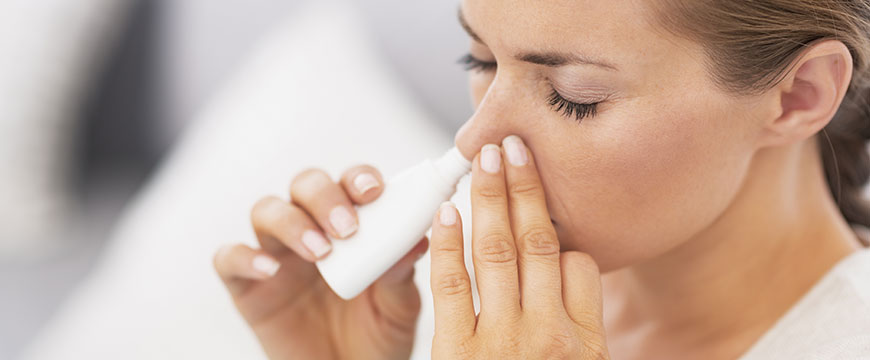
Alongside conventional medicines such as antihistamines and decongestants, drinks help in improving allergic symptoms. Wondering what is the best drink for allergies? Well, there are plenty of drinks you can go for, with the common ones being:
Water
According to an allergy specialist, water soothes a sore throat and comes in handy at reducing congestion by thinning mucus. And the beauty is you don’t need to go for a specific type of water—regular drinking water is enough.
Green tea
Green is a natural choice for tea lovers all over the world. Besides its light and refreshing taste, green tea has natural anti-histamine effects, so it comes in handy at alleviating allergy symptoms. There is no right or wrong green tea brand you can go for—it all depends on your taste and budget.
As a rule of thumb, go for green tea that you love and tastes the best for you.
Freshly squeezed orange juice
If you don’t like green tea, there is an excellent option you can go with—orange juice. Orange juice is rich in vitamin C, a natural antihistamine that comes in handy at fighting allergy symptoms.
When taking the orange juice, stay away from factory-made juice, as this juice contains other chemicals and sugars that are unhealthy for you. The best way to go about it is to buy it from a street vendor or buy oranges and make the juice at home.
Besides oranges, other excellent sources of vitamin C are strawberries, broccoli, and potatoes.
Peppermint tea
When you have an allergic reaction, your nasal passages swell, reducing airflow and bringing about congestion.
Peppermint tea is a highly effective decongestant that works by thinning out the mucus, allowing it to flow more easily.
The tea also produces steam containing heat and moisture that too loosens the mucus and eases congestion.
Smoothies
Many people having allergies often prefer drinks containing caffeine because they contain high histamine levels that are highly effective at alleviating allergy symptoms.
If you have tried the teas and they aren’t working for you, try out other drinks containing lower histamine levels. You can make a smoothie from almost anything. Your imagination is your limitation.
When preparing the smoothie, don’t use milk or yogurt as it contains high histamine levels and makes the mucus thicker.
There are plenty of healthy smoothie recipes you can use to your advantage. These recipes are rich in vitamin C and, at the same time, packed full of natural antihistamines that are highly effective at alleviating allergy symptoms.
Chamomile tea
When well prepared, chamomile tea is a highly relaxing and comforting drink that comes in handy at fighting allergies. The reason it’s such an effective drink is because it contains chemical compounds that fight inflammation.
Nettle tea
Most people associate this tea with a sting. While there is the risk of getting stung when you are getting the nettles, nettle tea contains plenty of natural antihistamines that are highly effective at fighting off allergy symptoms such as nasal congestion and itching.
Nettles are also rich in minerals and vitamins that are healthy for you.
If you are a dab hand at DIY projects, you can make nettle tea using fresh, wild plants, but if you don’t want to risk a painful sting, allergy specialist doctor Manassas VA advises you get already made teas from your local shop.
The key to getting the most from the nettle tea or any other tea we have mentioned here is to get high-quality tea. This calls for you to buy them from a reputable shop. This way you are sure they haven’t been tempered with.







